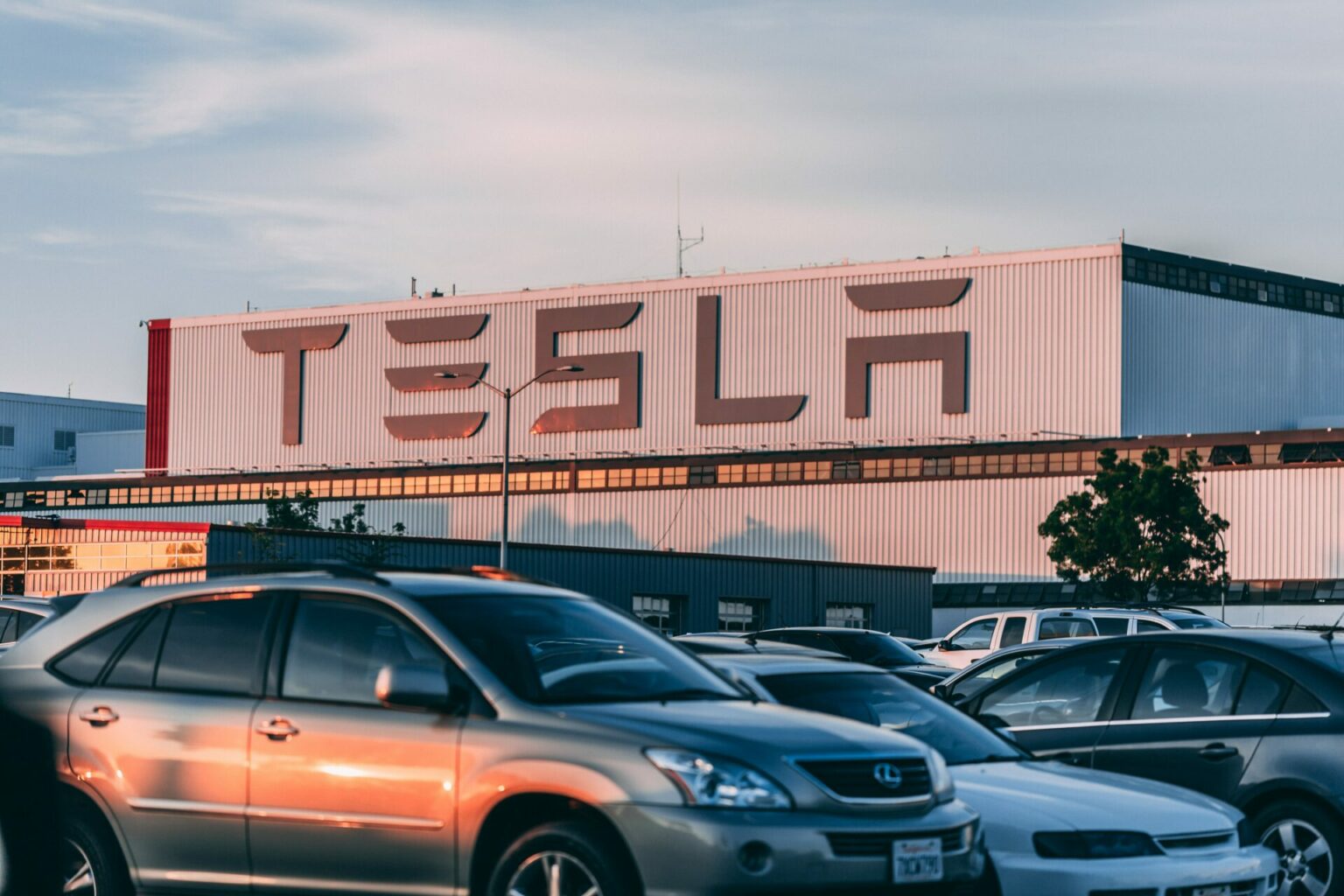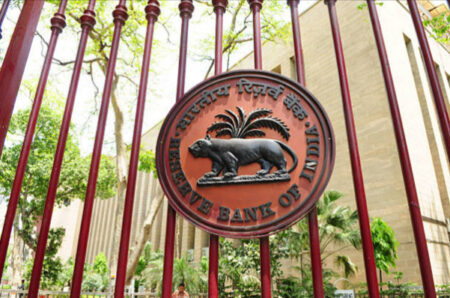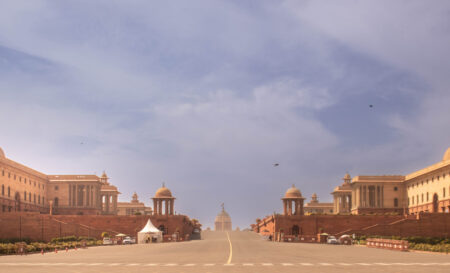Setback for Elon as Tesla’s plan to enter the Indian market “as soon as humanly possible” after CEO Elon Musk’s meeting with Prime Minister Narendra Modi in the US doesn’t seem to be receiving significant support. Despite initial praise from Musk, the electric car company is facing challenges in gaining traction in India.
Finance Ministry Denies Duty Waivers for Tesla poses setback for Elon
The Finance Ministry of India has made it clear that it is not considering any duty waivers for Tesla, which has significant implications for the company’s plans to enter the Indian market.
This decision comes after Tesla CEO Elon Musk stated that Prime Minister Narendra Modi was pushing the car manufacturer to make a significant investment in India. Previous requests for duty waivers by Tesla have been rejected by India, and the Finance Ministry’s stance suggests that such waivers are not under active consideration at present which creates a setback for Elon
This rejection poses challenges for Tesla’s introduction of the cheaper Model 3 in India, as import taxes can significantly impact the pricing of the vehicles.
The current import tax structure in India imposes a 100 per cent duty on electric vehicles priced above $40,000, making it difficult for Tesla to offer competitive pricing without duty waivers. Achieving the desired price range for the Model 3 in India, estimated to be around Rs 20 lakh, seems uncertain without the possibility of duty waivers.
Tesla’s Engagement with Indian Government Continues
Despite the denial of duty waivers, Tesla’s engagement with the Indian government continues. The company is actively involved in talks with Indian officials regarding a potential investment proposal for establishing a factory with an annual capacity to produce around 500,000 electric vehicles.
These discussions indicate Tesla’s interest in exploring opportunities in the Indian market. Moreover, Tesla sees India as a strategic export hub for the Indo-Pacific region, aiming to reduce its reliance on China for the supply chain.
By setting up operations in India, Tesla can not only cater to the growing Indian market but also leverage the country’s geographical advantages to export vehicles to neighbouring countries.
This move aligns with Tesla’s global expansion strategy and the company’s goal of tapping into the vast potential of the Indian market.
The establishment of a Tesla factory in India would not only boost the electric vehicle industry in the country but also create employment opportunities and contribute to the government’s vision of promoting sustainable mobility solutions.
Challenges of Importing Tesla Vehicles
Importing Tesla vehicles into India presents several challenges, primarily due to high import taxes. India imposes a 100 per cent import tax on electric vehicles priced above $40,000, significantly impacting the cost of Tesla models.
For instance, importing the base variant of the Tesla Model 3, priced at $40,240, could result in costs ranging between Rs 60 and Rs 66 lakh.
To mitigate these costs, Tesla would need to explore the option of local production to avoid import duties posing setback for Elon
However, achieving the desired target price range of Rs 20 lakh for the cheaper Model 3 variant seems challenging given the current global pricing of Tesla vehicles.
While Tesla prices are relatively consistent across the globe, importing vehicles into India incurs additional costs, including import taxes and logistics expenses posing setback for Elon.
Nevertheless, Tesla could consider certain cost reduction measures if it decides to manufacture vehicles locally. These measures may include eliminating certain features and components, such as hardware required for Full Self-Driving (FSD) capabilities, and opting for Advanced Driver Assistance System (ADAS) Level 2 instead.
Additionally, adjustments could be made to the battery pack capacity, electric motor power, and in-vehicle electronics to optimise costs and cater to the Indian market’s specific needs.
Prospects for Local Production and Cost Reduction
To make Tesla vehicles more affordable in India, the company could explore the possibilities of local production and cost reduction measures. Industry experts suggest that certain features and components could be adjusted to optimise costs.
For example, Tesla could consider eliminating certain hardware required for Full Self-Driving (FSD) capabilities and instead focus on including Advanced Driver Assistance System (ADAS) Level 2 features. This would help reduce the overall cost of the vehicles while still providing advanced driver assistance functionalities.
Furthermore, Tesla could consider sourcing battery packs from local manufacturers in India, potentially reducing the cost of importing them from China. By collaborating with Indian suppliers, Tesla can take advantage of the country’s growing battery manufacturing ecosystem.
Additionally, utilising electric motors with lower power and optimising the in-vehicle electronics and display sizes can further contribute to cost reduction.
It is worth noting that local production can help Tesla bypass the high import taxes imposed on fully imported vehicles. By setting up a manufacturing facility in India, Tesla can avoid import duties and potentially offer more competitive pricing to Indian consumers.
This move would align with the Indian government’s “Make in India” initiative, promoting domestic manufacturing and job creation.
Although achieving the target price range of Rs 20 lakh for the cheaper Model 3 variant still poses challenges, local production and cost optimisation measures hold promise for making Tesla vehicles more accessible to the Indian market.
Tesla’s ongoing discussions with the Indian government indicate a commitment to exploring these possibilities and tapping into the potential of the growing Indian electric vehicle market.












